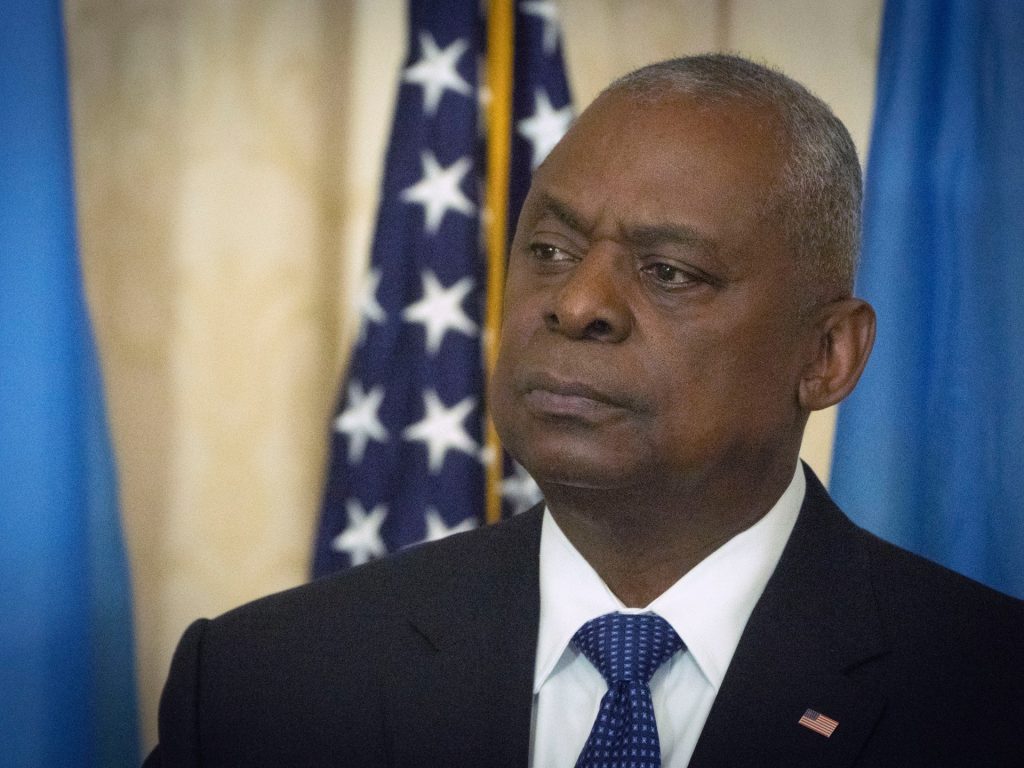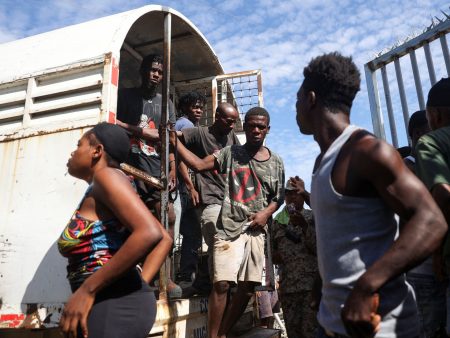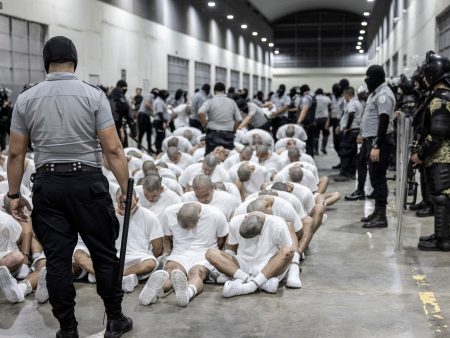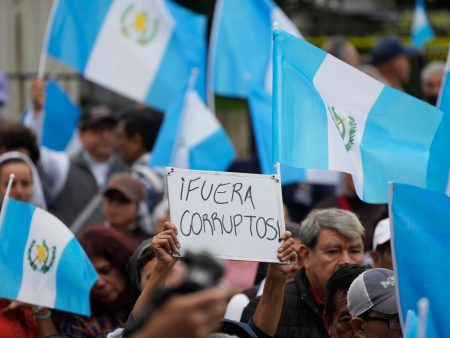The protracted legal saga surrounding the alleged masterminds of the September 11, 2001 attacks has taken a significant turn, as a US military appeals court has rejected Defense Secretary Lloyd Austin’s attempt to scuttle potential plea deals for Khalid Sheikh Mohammed and two of his co-conspirators. These deals would allow the accused to plead guilty in exchange for avoiding the death penalty, a resolution met with resistance from some lawmakers and victims’ families who deem it insufficient. The court’s decision affirms a previous ruling by a military judge, who determined that Austin lacked the authority to overturn the plea agreements after their initial approval. While this opens the door for the plea process to move forward, the possibility of further appeals by the Defense Secretary looms, threatening to prolong the already extensive legal proceedings.
The potential plea agreements emerged amidst complex legal challenges stemming from the use of “enhanced interrogation techniques,” effectively torture, on detainees captured during the “global war on terror.” The case of Majid Khan, a former al-Qaeda courier, exemplifies the legal complications presented by the use of torture. Despite his conviction and 26-year sentence, seven out of eight jury members recommended clemency for Khan, citing the brutal treatment he endured, including sexual abuse, starvation, and waterboarding. These methods, employed by the CIA at black sites, have cast a long shadow over the pursuit of justice for the 9/11 victims and raise serious questions about the admissibility of evidence obtained through torture. Legal experts have warned that the use of torture could jeopardize the prospects of securing convictions in these cases.
Similar to Khan, Mohammed and his co-defendants are being tried by a military commission established under World War II-era laws, a system designed for prosecuting foreign defendants outside the conventional US justice system. While a Pentagon appointee initially endorsed the plea deals, Austin’s intervention aimed to revoke them, citing the public’s right to witness a full trial. However, defense lawyers argue that Austin’s actions constitute unlawful interference in the judicial process. This clash between the pursuit of accountability and the legal ramifications of torture continues to fuel the debate surrounding the Guantanamo Bay detentions.
The ongoing legal battles highlight the enduring controversy surrounding Guantanamo Bay, a detention facility that has become synonymous with human rights concerns. Established in the aftermath of 9/11, Guantanamo has housed hundreds of detainees, many held without charges or access to due process rights guaranteed under US law. While the Biden administration pledged to close the facility, its future remains uncertain. The continued operation of Guantanamo represents a significant challenge for the US government, particularly in its efforts to uphold the rule of law and address international criticism regarding the treatment of detainees.
Pre-trial hearings for Mohammed, his two co-conspirators accepting plea deals, and a fourth defendant, Ammar al-Baluchi, who has not engaged in plea negotiations, have dragged on for over a decade. All four men remain incarcerated at Guantanamo Bay, a stark reminder of the ongoing legal and ethical dilemmas associated with the “war on terror.” The protracted nature of these proceedings underscores the complexity of prosecuting individuals accused of terrorism, particularly when allegations of torture complicate the legal landscape.
While the military appeals court’s decision paves the way for the potential resolution of the cases against Mohammed and his two co-defendants, the legal wrangling is far from over. Austin retains the option to appeal to the US Court of Appeals for the District of Columbia Circuit, further delaying the process. Meanwhile, the future of Guantanamo Bay remains uncertain, with dozens of detainees still held there, some eligible for transfer but facing ongoing diplomatic and logistical obstacles. The Biden administration’s efforts to reduce the detainee population have resulted in the release of several individuals to other countries, including a recent repatriation to Tunisia. However, the ongoing operation of Guantanamo underscores the challenges in balancing national security concerns with human rights obligations and closing this controversial chapter in American history.










